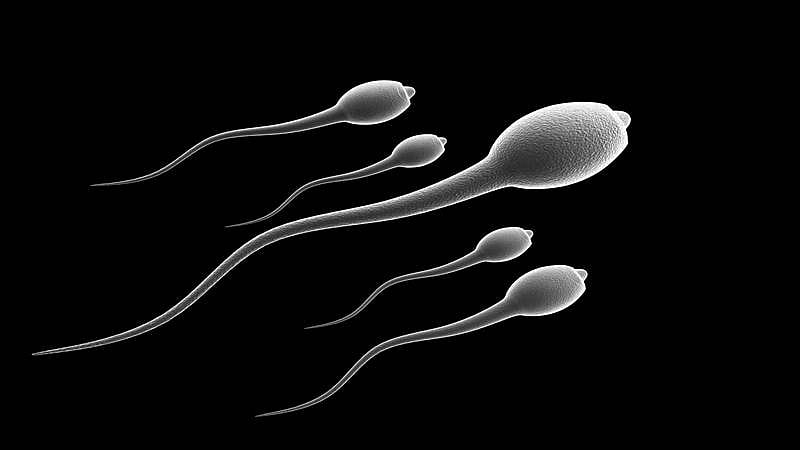The novel coronavirus outbreak has seen over 1,988,000 people affected across the globe. But there seems to be an additional concern plaguing men.
As per a report in The Daily Beast, men in the United States are now in a rush to store their sperm amid rumours that the virus has the potential to cause infertility. The publication canvassed organisations that provide at-home sperm collection facilities to discover that they have seen an increased spike in business recently.
While this may stem in part from the fact that brick and mortar clinics have temporarily closed their doors in many areas, leaving to their clientele looking for alternatives, this is only part of the story. It would appear that even people who had never looked to freeze their sperm are now considering the alternative.
But is this fear based on actual facts? Can the novel coronavirus indeed cause infertility? Despite a lack of evidence to support this theory, it has continued to persist.
As per a South China Morning Post report from March, the Hubei government had published an article suggesting that theoretically, there was a possibility that the virus could harm the reproductive health of men. The article had been widely shared on Chinese social media.
It was however removed a few hours later from the website. SCMP reported that the government had declined to explain why.
Reportedly, the article, produced by a team from the reproductive medicine centre in Wuhan's Tongji Hospital had suggested that men affected by the virus should seek medical advice on this topic.
A study by urologists at the Suzhou Affiliated Hospital of Nanjing University had claimed in February that there could be a link after all. The study talks about ACE2 (Angiotensin Converting Enzyme 2)" which it said was "one of the major receptors that mediate the entry of 2019-nCoV into human cells".
"The results indicate that ACE2 highly expresses in renal tubular cells, Leydig cells and cells in seminiferous ducts in testis. Therefore, virus might directly bind to such ACE2 positive cells and damage the kidney and testicular tissue of patients," says a part of the research abstract.












